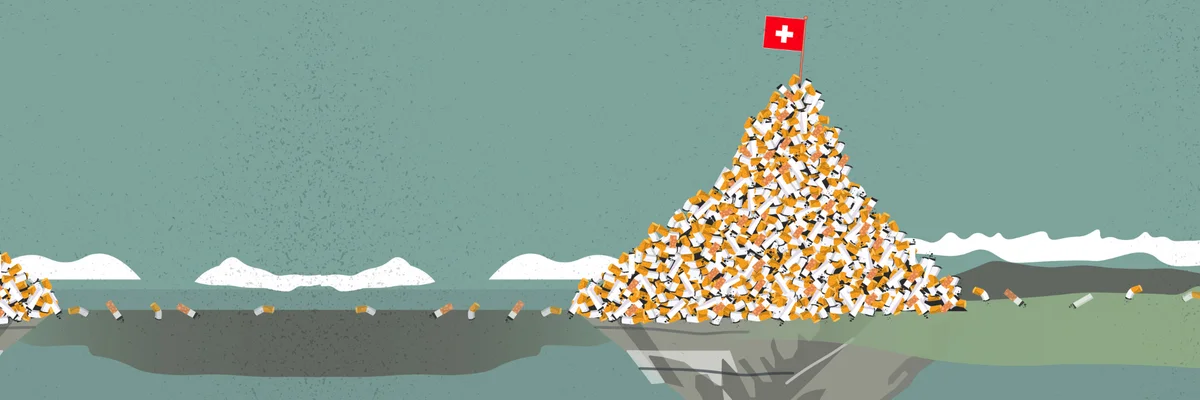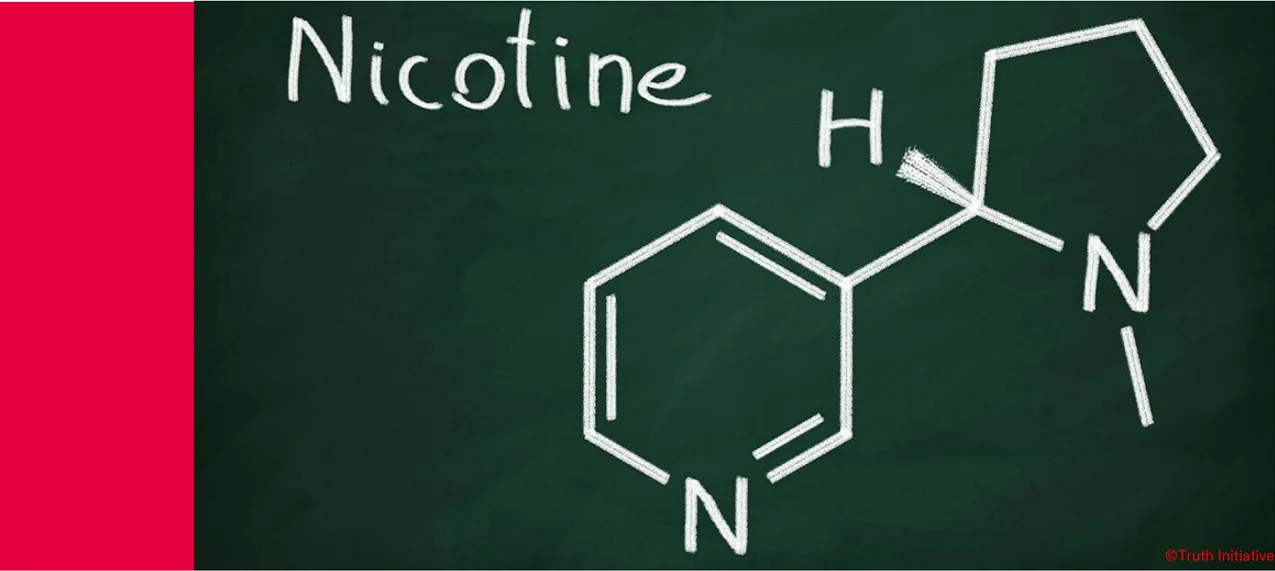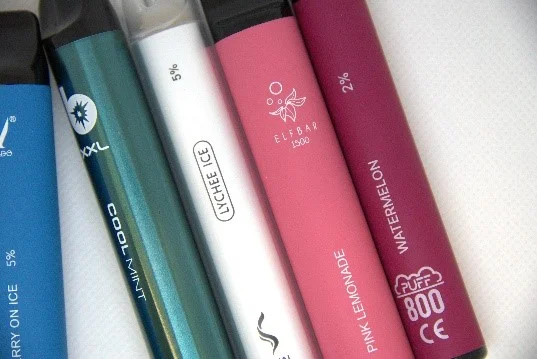On the way to a tobacco and nicotine-free Switzerland
The Swiss Tobacco Prevention Association is the competence center for tobacco prevention in Switzerland. As an umbrella organization for the promotion of non-smoking, it currently has over 50 collective members. AT Switzerland offers its members a broad network of experts and provides specialist knowledge on tobacco control and prevention.
It is committed to a sustainably healthy and smoke-free Switzerland with evidence-based services and the networking of key players, while at the same time offering the population a helping hand in quitting smoking and nicotine withdrawal.
News and blog posts
Behind the Scenes at TABEXPO 2025: How the Tobacco Industry Shapes Its Future
Under the guise of innovation and sustainability, the International Tobacco Fair in Geneva reveals the well-honed strategies of a sector in search of new markets. Between high-tech nicotine, alternative products, cannabis ambitions and conferences by industry leaders, we take a behind-the-scenes look at an empire that never gives up.
Swiss Parliament Approves Ban on Disposable E-Cigarettes – A Signal for Youth and Environmental Protection
On June 4th, 2025, the Council of States approved a clear sales ban on so-called “Puffs,” i.e., disposable e-cigarettes. In doing so, it follows the National Council, which had already adopted a corresponding motion by National Councillor Christophe Clivaz (VS, The Greens) by a large majority in June 2024. Although the Federal Council had recommended rejecting the motion, Parliament is now sending a strong signal in favor of protecting youth and the environment.
Less smoke in apartment buildings, fewer hospital stays?
Since 2018, smoking has been banned in public housing across the United States—a rule introduced to protect the millions of residents often exposed to secondhand smoke from others. But has this measure really made a difference? A new study conducted in New York shows that the cardiovascular health of residents is beginning to improve.
The 17 Sustainable Development Goals and tobacco

Protection from second-hand smoke from your fellow human beings
Die Forderung nach rauchfreien Innenräumen stützt sich ab auf eindeutige Fakten von Gesundheitsschäden, verursacht durch Passivrauchen. Auch in der Schweiz haben wissenschaftliche Forschungen die positiven Folgen eines gesetzlichen Schutzes vor Passivrauchen für die Gesundheit nachgewiesen.
Have information about the industry you want to share securely? Talk to us









